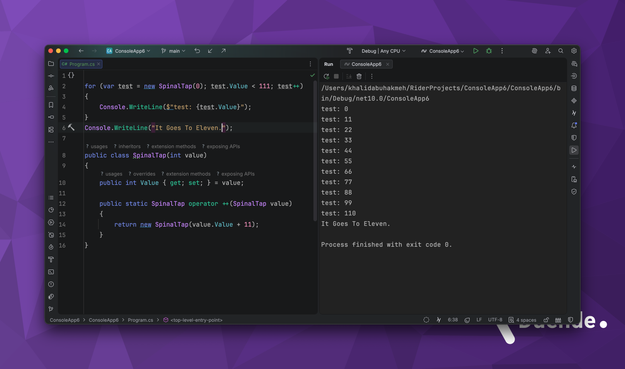Brutal similes
Using #AI is an ethical choice.
I know that there cases when an #LLM could make my job easier. Which doesn't mean I'll use one. Just like I won't be buying cheap junk gadgets that could help me with some random stuff a bunch of times before they'll end up on a trash pile.
Yes, sometimes I am curious what an LLM could come up with. But then, there are people who are curious how many donuts they can eat before throwing up. A waste of good donuts.
What world would you rather live in? One where you put a little more effort in your job? Or one where LLM helps with with your job, but you can't enjoy your free time anymore because the capitalists are using LLMs to turn every single aspect of your life into a nightmare, and eventually your employer just makes you do more and more until you're thrown out? But at least you will get a monthly trial of a statistical "friend" to "talk" about your trouble to.
Yeah, you can claim that training models does the most harm, and that's already happened, so not using them doesn't change much, and all the energy spent on it would be wasted. Or use the traditional "others" fallacy — others will use it anyway, others will fuel the vicious circle, so why renounce convenience. It's like when you learn that your dinner is human meat, and you decide to eat it anyway, because not eating it won't bring that human back to life, and if it's wasted, then their death will be for naught.
#AntiCapitalism














































